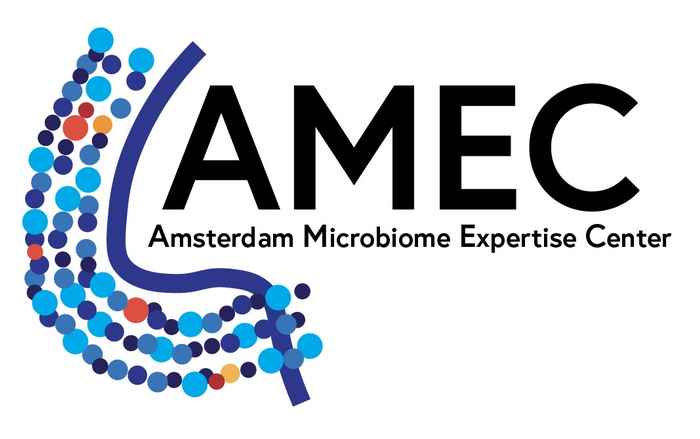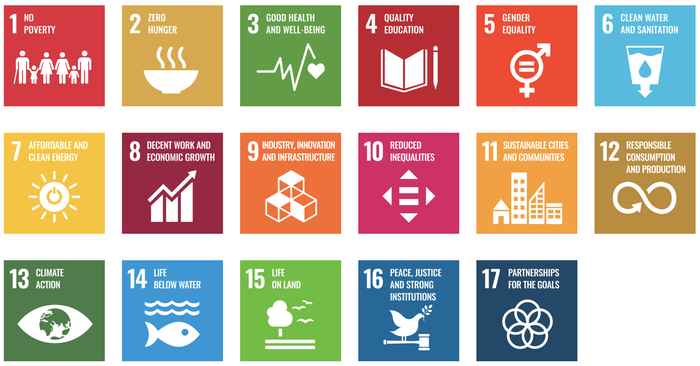Amsterdam Microbiome Expertise Center
Microorganisms, such as bacteria, archaea, viruses, fungi, and protists, are essential to life on Earth and the functioning of the biosphere. IBED microbiologist Jef Huisman co-authored this Cell paper that highlights the key roles of microbes in achieving the United Nations Sustainable Development Goals (SDGs).
Integrated microbiome research
AMEC is founded on groups at the Swammerdam Institute for Life Sciences & the Institute for Biodiversity and Ecosystem Dynamics and extends to research groups of the VU, Amsterdam UMC (Microbiota center and Gut Research) and ACTA. By bringing together expertise from various disciplines including microbiology, plant sciences, genomics, bioinformatics, and clinical sciences, the center explores the complex interactions between microbiota and their hosts in an integrated manner.
Integrative systems analysis
We aim to analyse the combined microbiomes of an entire ecosystem, encompassing all the microbial communities associated with different organisms within that ecosystem. This concept extends beyond the microbiomes of individual organisms (like humans or plants) to include the interactions between various microbiomes within a specific environment culminating in an integrative systems analysis of all microbiomes.
Agriculture and medicine
Performing these analyses can provide insights into the health of ecosystems, the impacts of environmental changes, and potential applications in conservation, agriculture, and medicine. It represents a shift towards understanding microbial ecology in a more integrated and comprehensive manner, recognizing the importance of microbial interactions across multiple scales.
AMEC strives at nurturing this in the Amsterdam area and beyond by linking with the Holomicrobiome Initiative nationally.
-
Research and Innovation
- Conducting cutting-edge research to uncover the roles of microbial communities in health and diseases.
- Developing innovative methodologies for microbiome analysis, including advanced sequencing techniques and computational tools.
-
Interdisciplinary Collaboration
- Fostering collaboration between scientists, clinicians, and industry partners to translate microbiome research into practical healthcare applications.
- Facilitating interdisciplinary projects that combine clinical studies, laboratory research, and data science.
-
Education and Training
- Providing education and training programs for researchers, clinicians, and students to build expertise in microbiome science.
- Organizing workshops, seminars, and conferences to disseminate knowledge and promote best practices in microbiome research.
-
Clinical Applications
- Investigating the potential of microbiome-based therapies and diagnostics to improve patient care.
- Conducting clinical trials to evaluate the efficacy and safety of microbiome interventions in various health conditions.
-
Public Engagement
- Engaging with the public to raise awareness about the importance of the microbiome in health and disease.
- Disseminating research findings through public lectures, media, and outreach programs.
Collaborate with us
AMEC offers various collaboration opportunities for researchers and companies interested in microbiome research.

